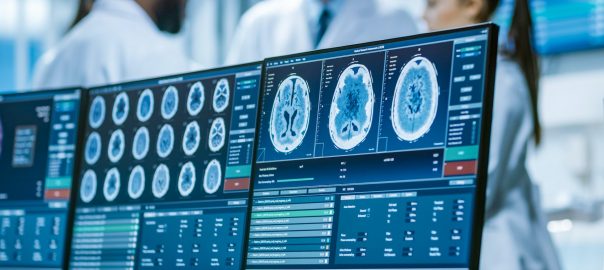Anistatia Renard Miller, University of Bristol
What makes for the ultimate beer drinking experience? Some like theirs in a frosty glass, others with a wedge of lime. But when it comes to froth – or the head as it’s commonly known – what’s the best amount and how can it be achieved?
Too much froth and you’re left with a smear of bubbles across your face and hanging from your nose as you desperately try to get at the beer beneath. But too little will cause problems in your stomach.










